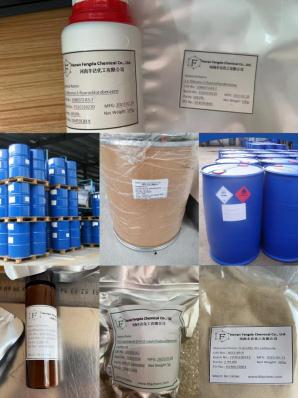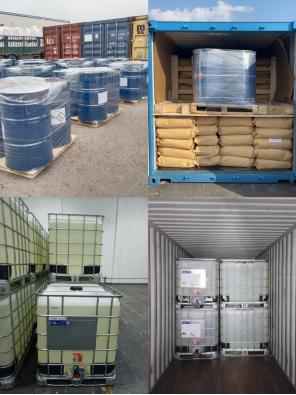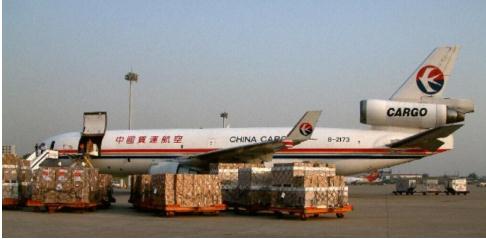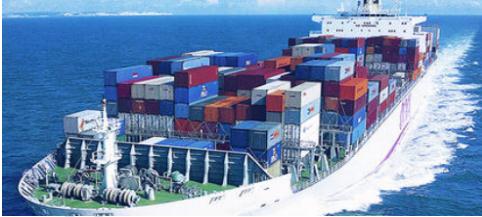1. Materials information
Names
| Name | Resveratrol |
|---|
| Synonym | More Synonyms |
|---|
Resveratrol Biological Activity
| Description | Resveratrol (SRT 501), a natural polyphenol that possesses anti-oxidant, anti-inflammatory, cardioprotective, and anti-cancer properties. It has a wide spectrum of targets including mTOR, JAK, β-amyloid. |
|---|
| Related Catalog | Signaling Pathways >> Autophagy >> Autophagy Signaling Pathways >> NF-κB >> IKK Signaling Pathways >> Autophagy >> Mitophagy Research Areas >> Inflammation/Immunology Natural Products >> Phenols |
|---|
| Target | IKKβ:1 μM (IC50) Autophagy Mitophagy |
|---|
| In Vitro | Resveratrol is one of the numerous polyphenolic compounds found in several vegetal sources In the vast majority of cases, Resveratrol displays inhibitory/activatory effects in the micromolar range, which is potentially attainable pharmacologically, although targets with affinities in the nanomolar range have also been reported. Resveratrol also is a sirtuin activator[1]. MCF-7 cells are plated in DME-F12 medium supplemented with 5% FBS in the presence of increasing concentrations of Resveratrol. Control cells are treated with the same volume of vehicle only (0.1% ethanol). Resveratrol inhibits the growth of MCF-7 cells in a dose-dependent fashion. Addition of 10 μM Resveratrol results in an 82% inhibition of MCF-7 cell growth after 6 days while at 1 μM, only a 10% inhibition is observed. The cells treated with 10 μM Resveratrol have a doubling time of 60 hr whereas control cells doubled every 30 hr. Trypan blue exclusion assay shows that at concentrations of 10 μM or lower, Resveratrol does not affect cell viability (90% viable cells) whereas at 100 μM, only 50% of the cells are viable after 6 days of Resveratrol treatment. Moreover, MCF-7 cells do not undergo apoptosis after incubation with Resveratrol at concentration of 10 μM as determined by ApoAlert Annexin V Apoptosis kit[2]. |
|---|
| In Vivo | The average tumor volume is reduced by treatment with Resveratrol at a dose of 50 mg/kg body weight (195.5±124.8 mm3; P<0.05) or 100 mg/kg body weight (81.7±70.5 mm3; P<0.001) compare with the vehicle-treated animals (315±94 mm3). There is a good correlation between the tumor volume and the tumor mass[3]. |
|---|
| Cell Assay | To determine the effect of Resveratrol on cell growth, MCF-7 cells are plated in 6-well plates at 105 cells per well in 2 mL of DME-F12 medium supplemented with 5% FBS in the presence or absence of increasing concentrations of Resveratrol. The cell number is measured every 2 days till day 6 with a hemocytometer after detaching the cells with trypsin-EDTA[2]. |
|---|
| Animal Admin | Mice[3] Female BALB/c (nu/nu) mice, 6 weeks old, are used. PA-1 cells (1×107 in 200 μL PBS) are injected s.c. on the right hind flank. Tumor volume (length×width×depth×0.52) is measured three times a week. After 10 days of implantation, two groups (n=10) are given Resveratrol (dissolved in 5% ethanol and 25% polyethyleneglycol 400 in distilled water) i.p. at a daily dose of 50 or 100 mg/kg body weight for consecutive 4 weeks, whereas the other group receive the vehicle only. Body weights are recorded everyday. Animals are given bromodeoxyuridine (BrdUrd; 10 mg/kg body weight, i.p.) 2 h before sacrifice. Xenograft tumors are weighed and frozen in liquid nitrogen or fixed in 10% formalin and embedded in paraffin. The BrdUrd-labeled cells in paraffin-embedded tissues are detected employing a monoclonal anti-BrdUrd antibody. |
|---|
| References | [1]. Pirola L, et al. Resveratrol: one molecule, many targets. IUBMB Life. 2008 May;60(5):323-32 [2]. Lu R, et al. Resveratrol, a natural product derived from grape, exhibits antiestrogenic activity and inhibits the growth of human breast cancer cells. J Cell Physiol. 1999 Jun;179(3):297-304. [3]. Lee MH, et al. Resveratrol suppresses growth of human ovarian cancer cells in culture and in a murine xenograft model: eukaryotic elongation factor 1A2 as a potential target. Cancer Res. 2009 Sep 15;69(18):7449-58. [4]. LI Ying, et al. Prevention of resveratrol on spatial memory loss of mice induced by calyculin A. Chin J Pathophysiol, 2017, 33(5): 951-955. |
|---|
Chemical & Physical Properties
| Density | 1.4±0.1 g/cm3 |
|---|
| Boiling Point | 449.1±14.0 °C at 760 mmHg |
|---|
| Melting Point | 253-255°C |
|---|
| Molecular Formula | C14H12O3 |
|---|
| Molecular Weight | 228.243 |
|---|
| Flash Point | 222.3±14.7 °C |
|---|
| Exact Mass | 228.078644 |
|---|
| PSA | 60.69000 |
|---|
| LogP | 3.14 |
|---|
| Vapour Pressure | 0.0±1.1 mmHg at 25°C |
|---|
| Index of Refraction | 1.763 |
|---|
| Storage condition | −20°C |
|---|
MSDS
Resveratrol MSDS(Chinese) |
Safety Information
| Symbol | 
GHS07 |
|---|
| Signal Word | Warning |
|---|
| Hazard Statements | H319 |
|---|
| Precautionary Statements | P280-P305 + P351 + P338-P337 + P313 |
|---|
| Personal Protective Equipment | dust mask type N95 (US);Eyeshields;Faceshields;Gloves |
|---|
| Hazard Codes | Xi:Irritant |
|---|
| Risk Phrases | R37/38;R41 |
|---|
| Safety Phrases | S26-S39 |
|---|
| RIDADR | NONH for all modes of transport |
|---|
| WGK Germany | 3 |
|---|
| RTECS | CZ8987000 |
|---|
| HS Code | 2932999099 |
|---|
2. Packaging of materials
For powders: normal is 25kgs/Drum or bag, or larger/smaller package as request.
For liquids: normal 25kgs/drum, 180-300kgs/bucket, or IBC, determined by the nature of the product.
Or smaller package 1kg/bottle, 10kgs/bottle as request.


3. Shipping & Delivery
Provide door to door service
Suitable for goods under 50kg
Delivery: 3-7 days
Cost: low cost

Provide airport to airport service
Suitable for goods over 50kg
Delivery: 3-14 days
Cost: high cost

Provide seaport to seaport service
Suitable for goods over 100kg
Delivery: 2-45 days
Cost: low cost

4. Contact information
For more details, pls contact us freely.
Email address: sun@fdachem.com
Mob: 86 13526505137
WhatsApp/Skype/Wechat/LINE: 8613526505137